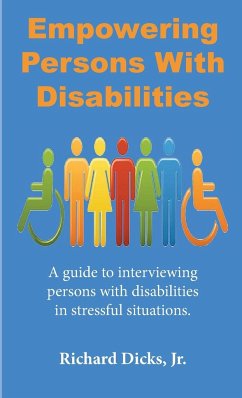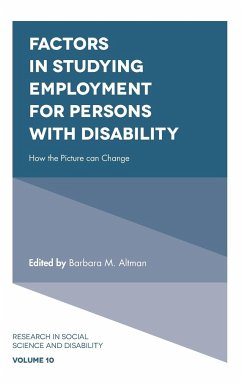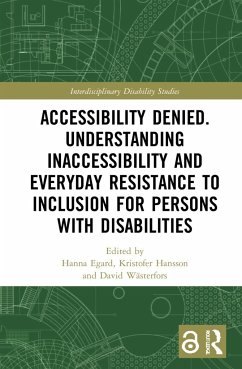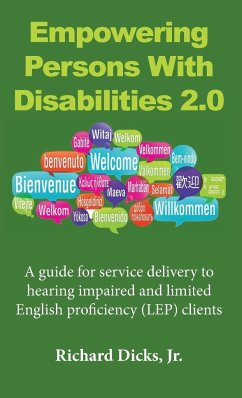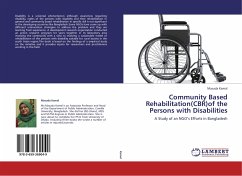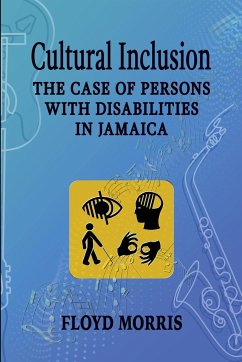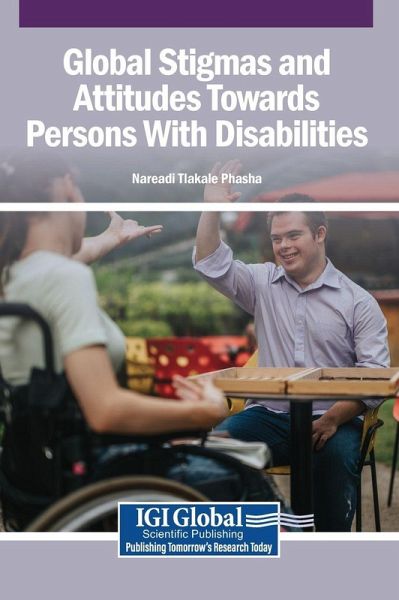
Global Stigmas and Attitudes Towards Persons With Disabilities
Versandkostenfrei!
Versandfertig in 1-2 Wochen
138,99 €
inkl. MwSt.

PAYBACK Punkte
69 °P sammeln!
Inclusion requires changed mindsets and actions towards every member of society, particularly towards the historically marginalized and people with disabilities. Their inclusion has been a major problem due to numerous factors, such as conceptions about disability and what it constitutes, as they often come with stigma and stereotypes. Current sources often present disability conceptions in general terms as if they apply to all categories of disabilities, making it difficult to extract correct information about each disability. Disability is not a homogenous category. Conceptions about each ca...
Inclusion requires changed mindsets and actions towards every member of society, particularly towards the historically marginalized and people with disabilities. Their inclusion has been a major problem due to numerous factors, such as conceptions about disability and what it constitutes, as they often come with stigma and stereotypes. Current sources often present disability conceptions in general terms as if they apply to all categories of disabilities, making it difficult to extract correct information about each disability. Disability is not a homogenous category. Conceptions about each category may differ among cultures and communities. Uncovering conceptions about each category is a crucial step towards creating positive living and safe educational environment for people with disabilities. Global Stigmas and Attitudes Towards Persons With Disabilities discusses conceptions about different disabilities, children or family members with a disability, and organizations for people with disabilities. It demonstrates how negative conceptions influence service provision in various sectors and perpetuates their exclusion in education and society. Covering topics such as stereotypes, support services, and promoting dignity, this book is an excellent resource for sociologists, caregivers, educators, policymakers, advocates, business owners, researchers, academicians, and more.





